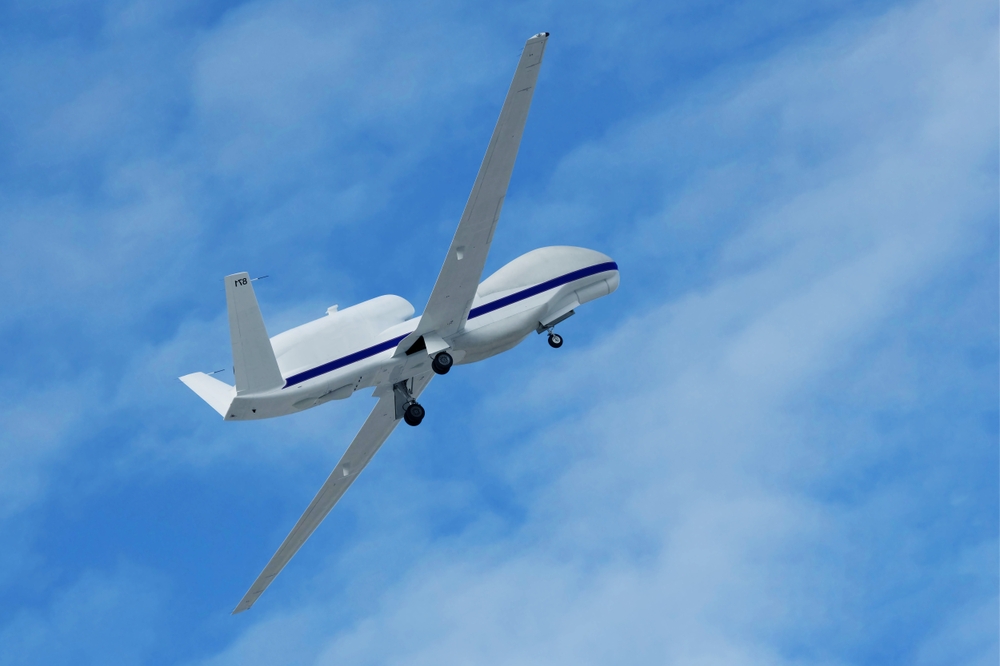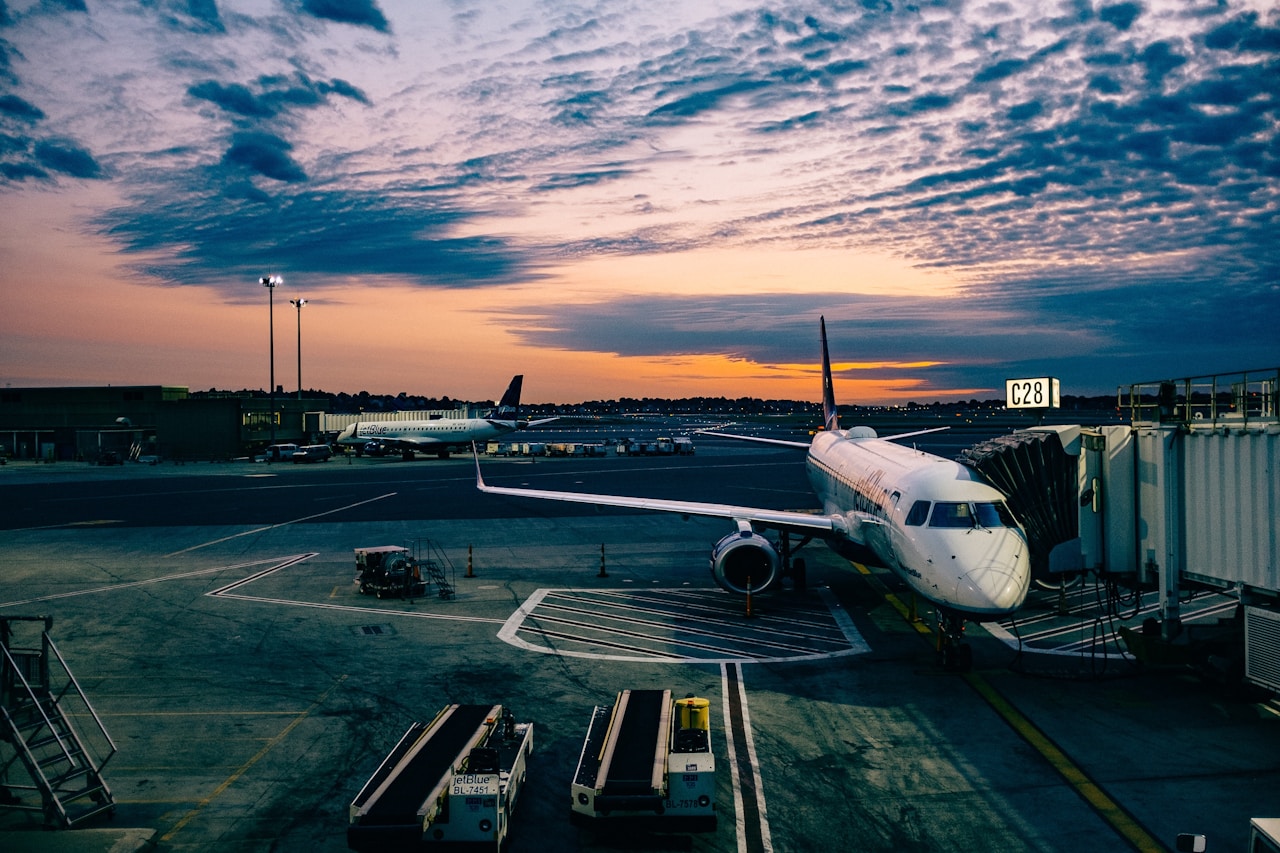If You Are Photographed by a UAS in Violation of North Carolina Law, You May Be Entitled To:
Unmanned Aircraft Systems (UAS), popularly known as drones, have gained prominence in various fields. However, the increasing use of drones for capturing images raises privacy concerns. In North Carolina, legal frameworks exist to protect individuals from unauthorized drone photography.

Understanding UAS and Their Applications
Drones are versatile tools with applications ranging from delivery services to emergency response. Industries such as agriculture, real estate, and filmmaking benefit greatly from drone technology. Yet, with the surge in drone usage, privacy intrusions have become a pressing issue.
North Carolina’s Legal Standpoint on UAS Photography
North Carolina’s legal framework aims to balance technological innovation with individual privacy rights. North Carolina General Statutes (NCGS) Chapter 15 emphasizes restrictions on the unauthorized surveillance and capturing of images. According to NCGS 15A-300.1, the use of UAS to photograph an individual in a way that invades their privacy without consent is prohibited.
Local ordinances may also complement state laws to address specific community concerns. Beyond state legislation, federal laws governing airspace, such as those enforced by the Federal Aviation Administration (FAA), also apply. Combining these laws creates a robust legal barrier against invasions of privacy.
Legal Rights and Entitlements Under North Carolina Law
If someone photographs you using a drone without your consent, you have certain rights. Victims can pursue civil actions seeking remedies for privacy invasion. Potential remedies include monetary compensation for damages or injunctions to prevent the dissemination of the unauthorized images.
To file a civil suit, evidence showing the violative act and proving that the act caused harm is crucial. Legal processes involve gathering photographic evidence, eyewitness accounts, and digital traces where possible. While not obligatory, legal representation can be beneficial to navigate the complexities of these cases.
In some cases, such violations could fall under criminal statutes, leading to fines or other penalties for the drone operator. Engaging law enforcement and documenting any evidence should be the initial steps if a privacy violation occurs.
Steps to Take If Your Privacy is Breached by a UAS
The first step is to be aware of your surroundings. If you suspect a drone is capturing images of you unlawfully, document the incident. Photos, videos, and eyewitness accounts strengthen your claim.
Next, attempt to identify the drone operator. This might involve talking to neighbors or checking drone registration if visible. However, confrontations are not advisable due to safety considerations.
Legal consultation with an attorney specializing in privacy law is wise. They can provide guidance based on specific circumstances. Consider contacting local law enforcement to report the incident.
The Role of Technology in Protecting Privacy
Innovations aimed at enhancing privacy are on the rise. Anti-drone technologies, such as drone-jamming systems and surveillance detection software, play a crucial role. While these technologies are promising, they must comply with legal standards and should be used responsibly.
Drone operators should be encouraged to adhere to ethical guidelines that prioritize privacy. Public awareness on lawful drone operation is also essential in mitigating unintentional violations.
Public Policy and Future Directions
The rapid evolution of drone technology signifies the need for updated legal frameworks. Legislation must keep pace with technological advancements. Public participation in discussions about drone regulations can shape policies that reflect community values and concerns.
An emphasis on educational programs and clearer operational guidelines for drone users could further safeguard privacy without stifling technological growth. Stakeholders, including policymakers, legal experts, and the tech community, should collaborate to address these challenges. Continuous adaptability and readiness to integrate new technologies into the legal landscape are vital.


Subscribe for Updates
Get the latest articles delivered to your inbox.
We respect your privacy. Unsubscribe anytime.